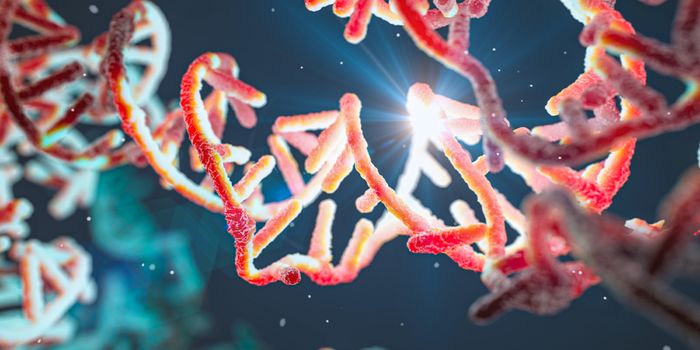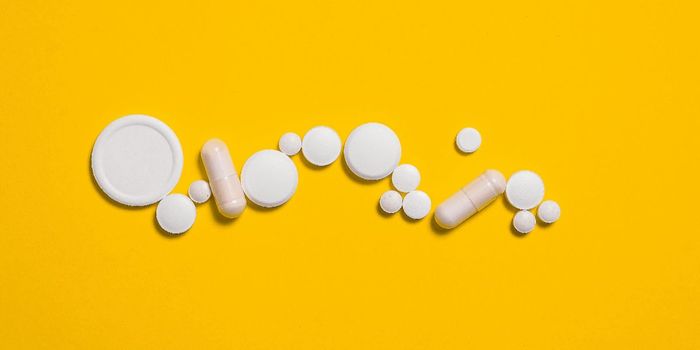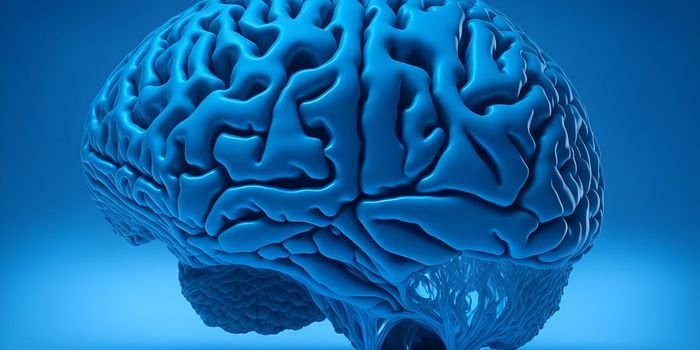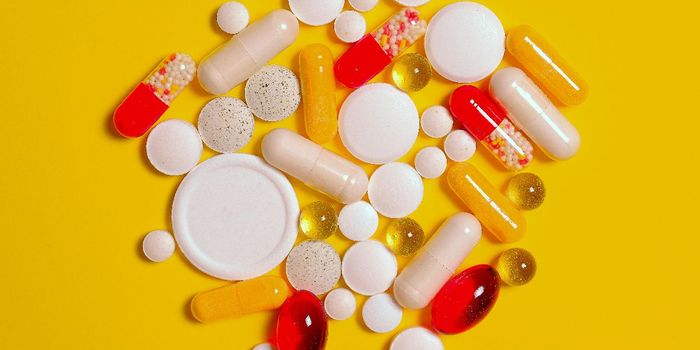Postpartum depression drug works through altering brain waves
Postpartum depression is a form of depression that occurs after childbirth. This form of depression can be severe and life-threatening and may lead to the development of major depressive disorder later in life. Past treatment for postpartum depression has relied on antidepressants, mood stabilizers, or a form of cognitive behavioral therapy. However, the recent approval of allopregnanolone is important for the treatment of postpartum depression as it has long-lasting effects in reducing depression.
Allopregnanolone, also known as brexanolone (trade name Zulresso), is currently the only FDA approved drug that is marketed specifically to treat postpartum depression and was approved by the FDA in March of 2019. At the time of approval, allopregnanolone’s beneficial effects on postpartum depression were linked to the drug’s action as a positive allosteric modulator of the GABAA receptor. However, allopregnanolone is also neurosteroid. And despite the well-known mechanisms of action of neurotsteriods and GABAA modulators, the exact mechanism by which allopregnanolone exerts its antidepressant effects remained unclear. In a recent study published in the Journal Biological Psychiatry, researchers used electroencephalogram (EEG) recordings and behavioral tests to understand how the drug leads antidepressant effects.
The researchers utilized EEG recordings in humans and rats to show that allopregnanolone altered brain waves. They found an increase in the power of the delta, theta, beta, and alpha frequency waves when humans were administered allopregnanolone which is indicative of anti-depressant actions. A similar finding occurred in the EEG recordings of rats as well. Because of these similarities between rodents and humans, the researchers were then able to assess the brains of the rodents to continue to tease apart the mechanisms by which allopregnanolone exerts its action. To this end, they found that specific inhibitory neurons in a brain region called the amygdala were, in part, responsible for facilitating these positive increases in brain wave frequencies.
These data help to demonstrate a previously undiscovered mechanism by which allopregnanolone effectively treats postpartum depression. Additionally, the data can help to guide future research and drug discovery for the treatment of different forms of depression, including treatment resistant depression.
Sources: Mayo Clinic; Labroots; Biological Psychiatry;








